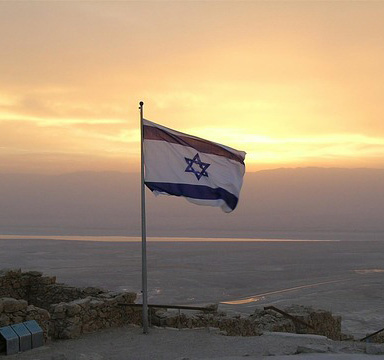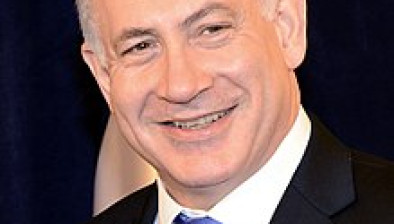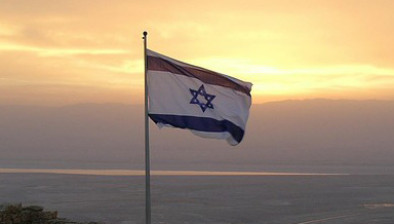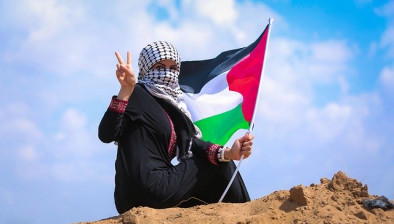Israeli government facing escalating protests over judicial reforms

The Israeli government is facing escalating opposition to its controversial judicial reforms, with thousands of people taking into the streets in protest and the country’s elite fighter jet pilots joining a strike demanding the proposals are withdrawn.
The bill currently being considered by the Knesset, Israel’s parliament, would place new restrictions on the power of Israel’s Supreme Court to declare laws unconstitutional.
The so-called “override clause” approved by the Knesset’s constitution, law and justice committee last week would allow a simple majority of MPs to reverse any such Supreme Court ruling.
Another provision of the bill would effectively give the Israeli government control of the independent judicial appointments committee, which legal experts have warned will further undermine Israel’s system of checks and balances.
Last month, Israel’s Attorney General Gali Baharav-Miara said the reforms would “fundamentally change the democratic nature of the state’s governance”. In January, they were also criticised in a joint statement from 17 of Israel’s largest law firms.
As the Knesset committee met last Wednesday, up to 150,000 protesters blocked streets in Tel Aviv before being dispersed by police with water cannons and stun grenades.
On Sunday, reservist fighter pilots from Israel’s Air Force Squadron 69 informed their commanders they would no longer take part in training or duties, joining reservists from Unit 8200 who previously started strike action over the reforms.
The air force squadron is due to take part in training tomorrow, but 37 of the 40 pilots said they will instead “devote our time to dialogue and reflection for the sake of democracy and national unity”, according to reports.
The protests coincide with an increase in Israeli settler violence in the West Bank, which has also been met with protests in Israel.
One Palestinian was killed and hundreds were injured after hundreds of settlers burned out homes and cars in towns and villages near Nablus late last month, apparently in revenge for the killing of two Israelis in Huwwara.
Last week, a group of 22 legal scholars last week called on the Attorney General to investigate government figures for inciting what has been widely described as a pogrom.










